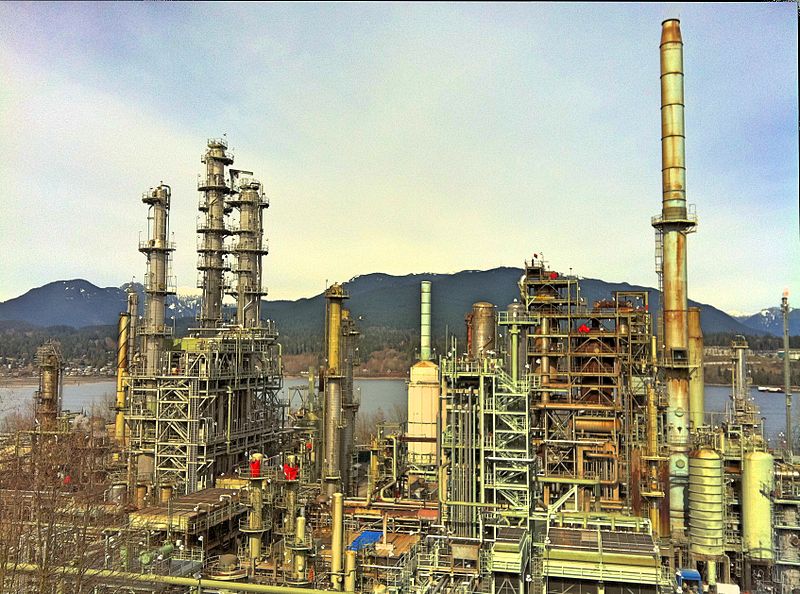S.Africa's petroleum industry warns refinery fleet could become obsolete
South Africa's petroleum refinery capacity could become obsolete within two years, an industry body warned on Monday, as it looks to extend the timing of new government rules meant to reduce sulphur emissions from 2023 to a later date.

- Country:
- South Africa
South Africa's petroleum refinery capacity could become obsolete within two years, an industry body warned on Monday, as it looks to extend the timing of new government rules meant to reduce sulfur emissions from 2023 to a later date. The South African Petroleum Industry Association (SAPIA), which represents major oil companies, including BP and Shell that operate local refineries, has been in discussion with the government for years trying to resolve a stumbling block over financing the upgrade of six refineries to cleaner fuels.
In January, SAPIA warned that the impact of COVID-19 meant it was unlikely oil firms in South Africa would upgrade refineries at an estimated cost of $3.9 billion unless the government allowed them to pass the costs on to consumers or offered some sort of financial support. The government gazetted new Petroleum Products Specifications and Standards in August that mandate the use of ultra-low sulfur petrol and diesel products from Sept. 1, 2023.
"SAPIA is of the view that the very short time frame provided for implementation is impossible to meet and will likely render the refinery fleet obsolete within two years," the industry body said in a statement. SAPIA said it was in discussions with the Department of Energy to amend the regulations so that a "mutually acceptable" implementation date could be agreed, with a financial support mechanism key.
"Without a financial support mechanism, it would be difficult to justify the refineries' upgrade," said SAPIA. Officials from the energy department did not immediately respond to queries.
(This story has not been edited by Devdiscourse staff and is auto-generated from a syndicated feed.)
- READ MORE ON:
- South Africa's
- Department of Energy
- South Africa
- Shell










